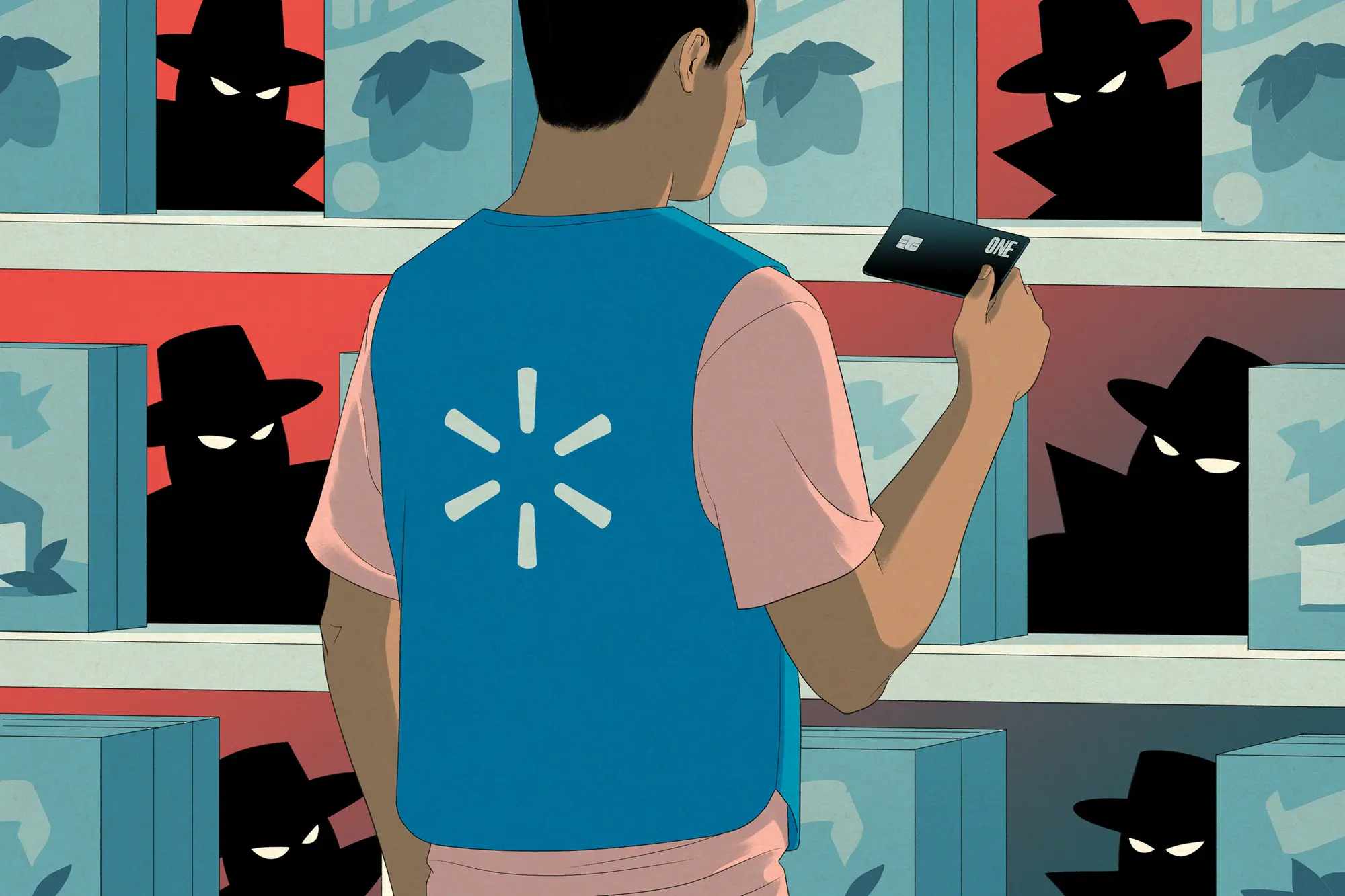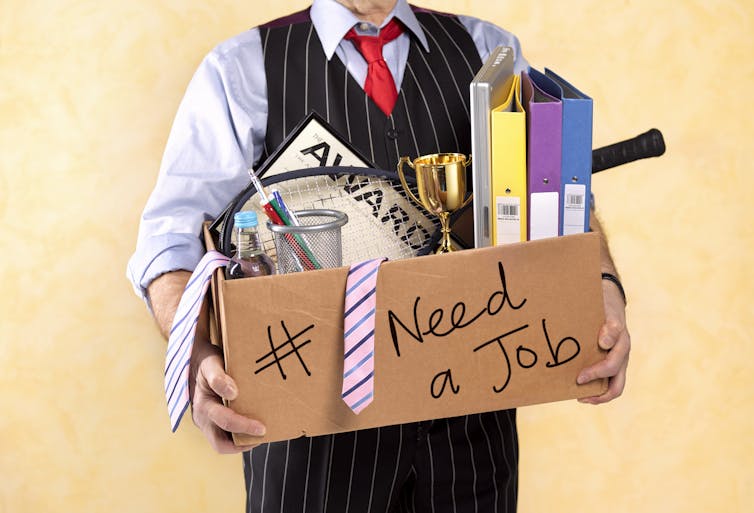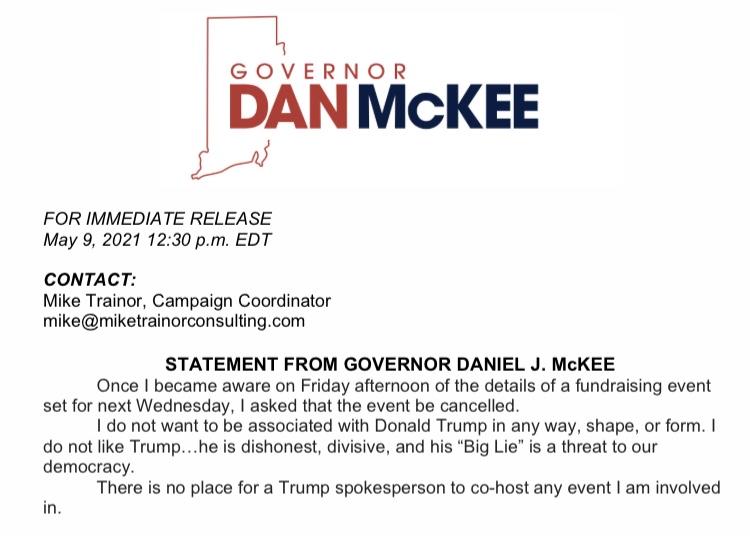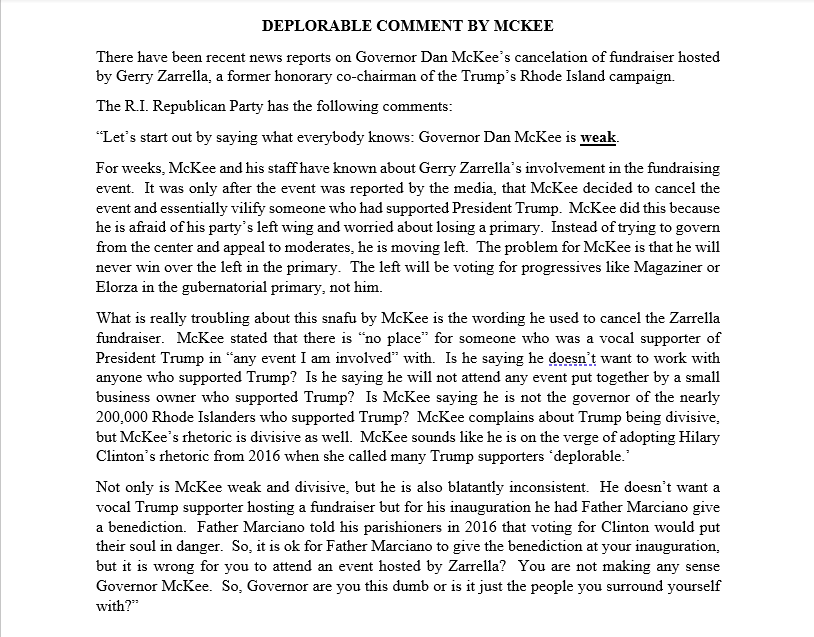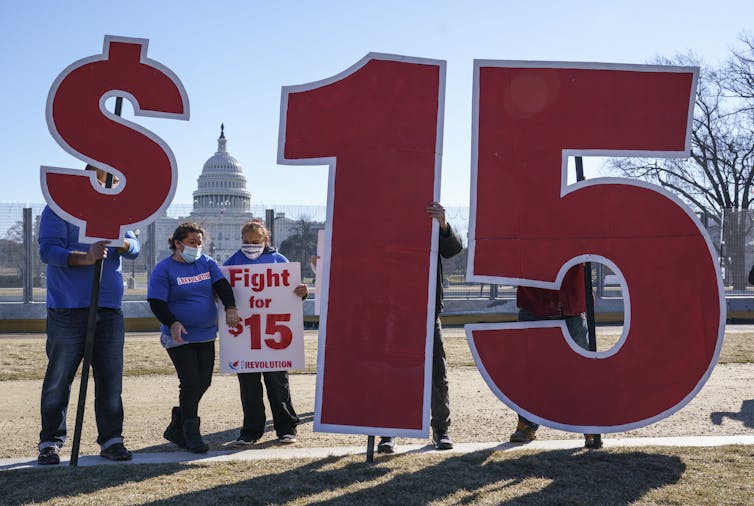McKee expresses SHOCK that such a thing could happen
By Will Collette
Our accidental DINO Governor Dan McKee issued a statement expressing his utter shock that his upcoming May 12 fund-raiser was going to be hosted by the co-chair of the Rhode Island Trump 2020 Campaign, Exeter's Paul Zarrella. At Zarrella's house.Zarrella is a former Democrat who switched to the Trumplican Party and played an active part in trying to get Rhode Islanders to vote for Orange Julius Caesar Trump.
Zarrella also mounted a weird primary campaign against local wingnut incumbent Representative Justin Price, even though Price is so dedicated to Trump that he (Price) took part in the January 6 storming of the Capitol to try to overturn the election.
I guess Price wasn't sufficiently Trumplican for Zarrella despite being one of Trump's most reliable flying monkeys in Rhode Island.
As for McKee's disclaimer, it's bullshit. He claims he didn't know about Zarrella's Trumplican ties until last Friday even though Zarrella was a high-profile radical Republican throughout the 2020 campaign.
No sentient politician, especially one at McKee's level, would accept such an invitation without vetting the host. At minimum, this is terrible staff work, but it could just be another McKee lapse of ethical judgement.
Like McKee's acceptance of a 2018 endorsement from radical MAGA-man Michael Earnhart as well as his acceptance of campaign contributions from the OxyContin tycoons in the Sackler family or the Wal-Mart scions in the Walton family. He rivalled Gina Raimondo in the amount of money he took from Wall Street.
Dan McKee became Governor when Gina left to become Joe Biden's Commerce Secretary. His unplanned ascendency has given him an undeserved incumbent's advantage when he runs for Governor on his own in 2022.
He had a lackluster six-year run as Lieutenant Governor - and almost lost re-election to Aaron Regensburg's surprise insurgent primary challenge in 2018. Until COVID hit, McKee's main passion was promoting charter schools. Now, it's promoting small businesses by lifting pandemic restrictions, against medical advice.
I sincerely hope McKee gets his ass kicked in the 2022 primary and goes back home to Cumberland.
Postscript: the state Trumplican Party piled on to McKee with this statement from GOP chair Sue Cienki:





